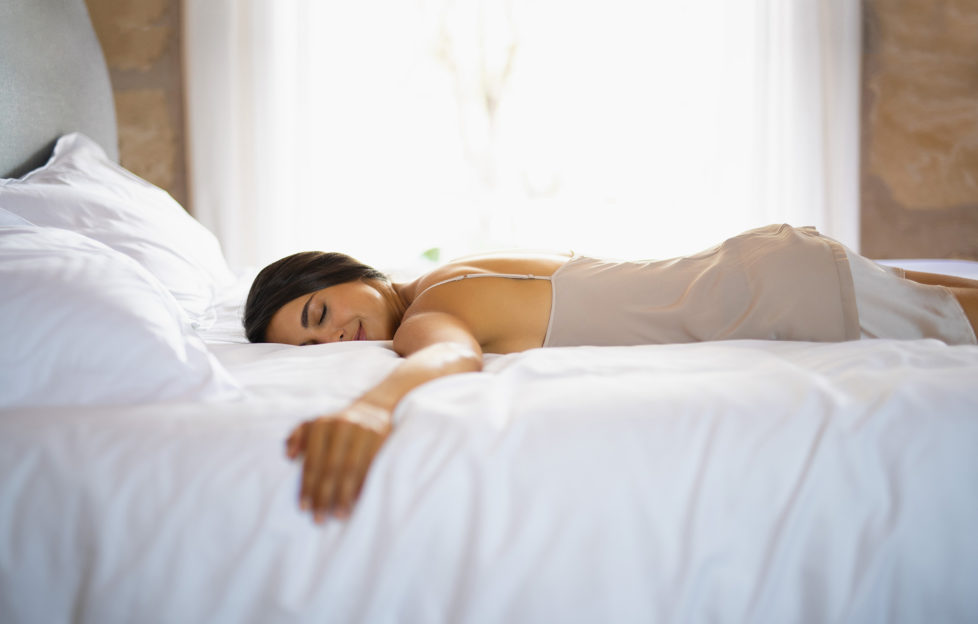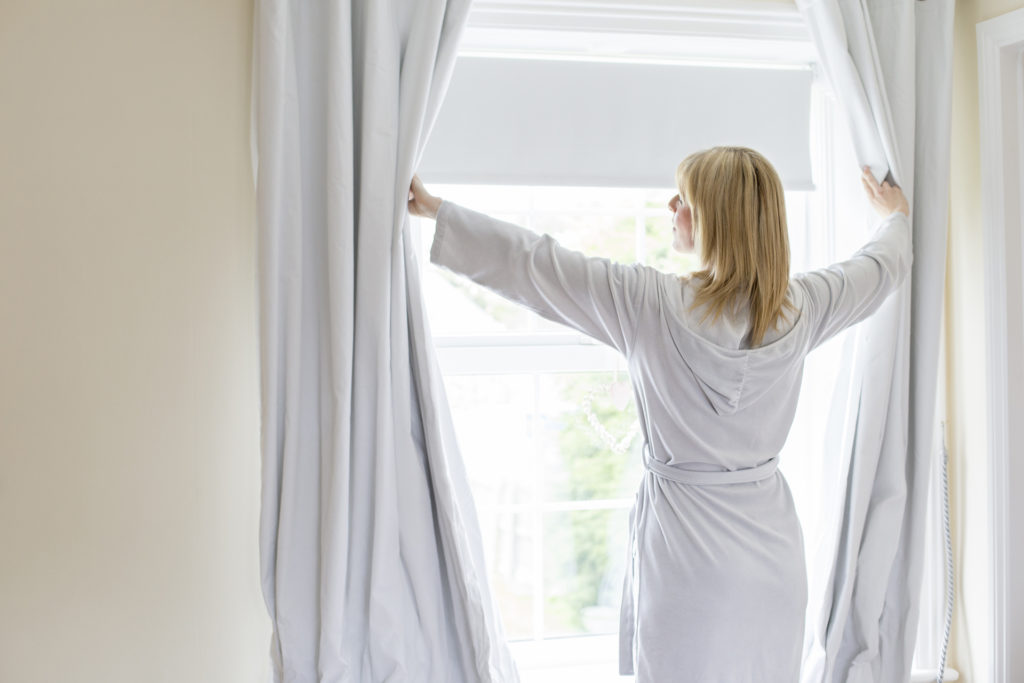Are You Ready For The Clocks Going Forward?

The experts at Tempur share tips to ensure sleep doesn’t suffer when the clocks go forward.
After the long, dark winter months, many of us will be looking forward to the clocks going forward to enjoy lighter mornings and evenings and longer daylight hours. The clocks changing also marks the start of British Summer Time (BST), bringing warmer weather, blooming flowers and the chance to spend more time outdoors.
This year the clocks will change at 1am on Sunday, 31st March (Mother’s Day). In spring, we lose an hour, so 1am becomes 2am. Most electronic devices such as smartphones and smartwatches will update automatically, whilst analogue clocks will need to be changed manually.
“Although more daylight hours may come as a relief to many”, says Tobin James, Tempur UK Managing Director, “the start of daylight-saving time can bring more sleep quality issues than that of simply losing an hour on that one night. Our Tempur sleep experts have outlined the many steps we can take to safeguard our sleep – and as such, our performance, outlook, mood and physical and mental wellbeing during waking hours – from disruption this spring and beyond.”
Block out the light
Light is one of the main cues that indicates to the brain and body that it’s time to wake up. Therefore, longer daylight hours mean we’re more likely to feel tired later in the evenings and wake up earlier in the mornings. This can lead to a longer-term loss of all-important sleep time. Use blackout blinds and/or curtains in bedrooms to block out any pesky early morning light to ensure the best quality sleep.
Pre-clock change prep: 30 extra minutes
From tonight (29 March), try going to bed 30 minutes earlier each night, so that by the time Sunday night arrives, you’ll be ready to go to bed a full hour earlier than usual and make up the lost hour.
The Jet lag rule
Remember, the rule of thumb for jet lag is that one hour’s loss of sleep takes a day to recover, and the same should apply when the clocks change. Go to bed earlier on Sunday evening and you should be right as rain for Monday morning.
Keep it cool
For the best possible night’s sleep, keep your bedroom a little cooler than the rest of the house, around 16-18°C. Your bedroom should mimic a cave: cool, dark and comfortable. Choose cotton sheets and pyjamas that allow the body to breathe for a comfortable slumber.
Wake up, it’s a beautiful morning
During the spring and summer months, our 24-hour body clock can inevitably fall slightly out of sync and we can wake up earlier than we usually would. If you do find yourself rising earlier than usual, try not to worry about it too much and instead make the most of the day. Try to wind down and go to bed a little earlier in the evenings to make up for the earlier starts so you don’t miss out on the overall number of hours needed to be at your best.
Sunday lie-in
While having a big lie-in at the weekend is generally discouraged as it disrupts a normal routine, most of us enjoy a Sunday lie-in and an extra 60 minutes in bed occasionally shouldn’t make a huge difference, so do enjoy it if you can. It is Sunday after all . . .







